The Supreme Intervention: Explaining the Apex Court’s Delineation of the Governor’s Legislative Jurisdiction
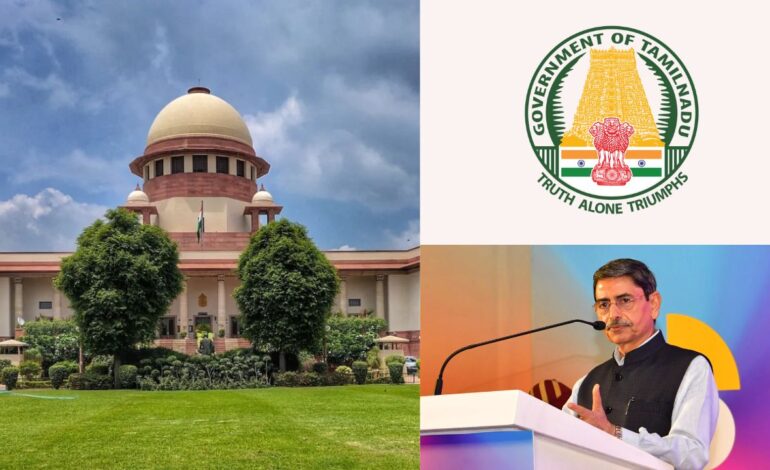
In a significant and landmark ruling, the Supreme Court of India intervened to elucidate the role of the Governor in the legislative process, specifically in the case involving the Tamil Nadu Governor R.N Ravi. The Court deemed his decision to reserve 10 bills for Presidential consideration as fundamentally erroneous and illegal, thereby reinforcing the principles of democratic governance.
Key Highlights of the Ruling
Invalidation of Presidential Actions: The Supreme Court, with Justices J B Pardiwala and R Mahadevan on the bench, asserted that all actions taken by the President following the Governor’s reservation of the bills are also rendered invalid. This decision effectively nullifies any legislative consequences that may have arisen from the Governor’s decision.
Excessive Delay in Decision-Making: The Court expressed significant concern over the extensive period taken by the Governor to address the reserved bills. By emphasizing the principle of timely legislative action, the Court underscored the necessity for governors to act expeditiously to facilitate the smooth functioning of the legislative apparatus rather than allowing unnecessary delays that could hinder governance.
Reinforcement of Parliamentary Democracy: A central theme of the ruling is the reaffirmation of the Governor’s obligation to respect the conventions of parliamentary democracy. The Court articulated that the Governor must honor the will of the electorate as expressed through the state legislature and prioritize collaboration with the elected state government. This approach aligns with the fundamental democratic principle that the governance should be reflective of the people’s mandate.
Expectation of Consensus and Facilitation: The Supreme Court outlined the Governor’s responsibilities, articulating that in instances of conflict, the Governor must serve as a facilitator of consensus rather than as an impediment. The ruling highlighted the expectation that the Governor should act judiciously, promoting the efficient functioning of the government and resolving disputes to avoid stalemates.
Judicial Precedents and Use of Article 142: By invoking Article 142 of the Constitution, the Supreme Court exercised its authority to declare that the 10 reserved bills have automatically received assent. This mechanism allows the Court to bypass the procedural impediments set forth by the erroneous actions of the Governor, affirming the need for judicial oversight in circumstances where executive authority may disrupt democratic processes.
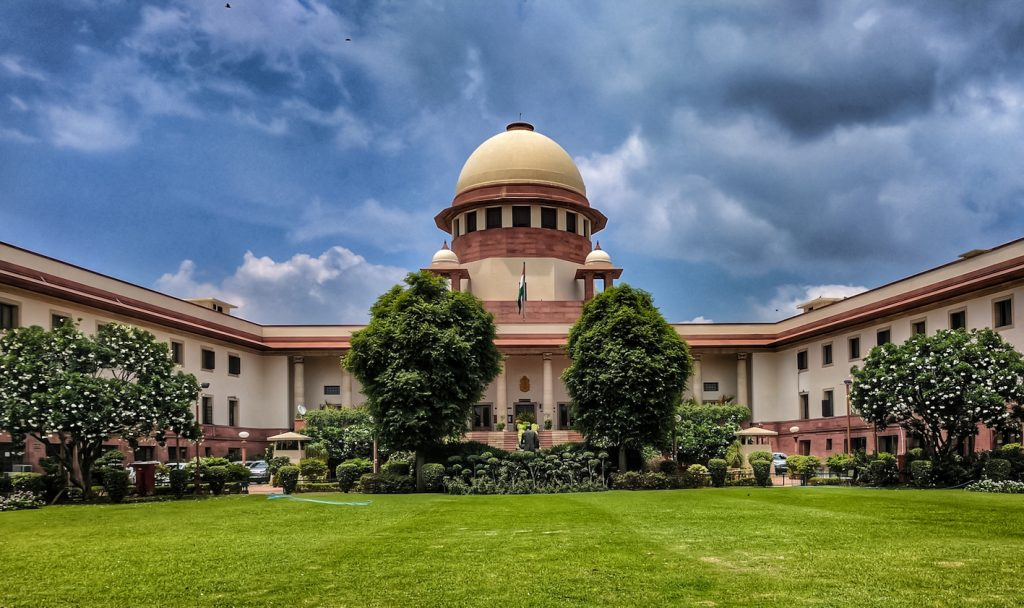
Understanding Article 142 of the Indian Constitution
Article 142 is a pivotal provision that empowers the Supreme Court to pass any order necessary for achieving complete justice in any case before it. This article is particularly notable for its ability to enable the Court to take actions beyond the limitations set by statutory law in instances where the administration of justice may demand such flexibility.
Key Features of Article 142
Discretionary Powers: Article 142 bestows extensive discretionary powers to the Supreme Court, allowing it to issue orders that may not strictly comply with existing legal provisions when necessary for justice. This flexibility is critical in ensuring that the Court can address unique or unprecedented situations effectively.
Objective of Complete Justice: The article’s primary aim is to ensure that justice is fully realized in all circumstances, even in cases that may not be clearly defined by existing laws. This objective underscores the Court’s commitment to fundamental justice over mere procedural adherence.
Wide Scope of Orders: Orders issued under Article 142 can cover a wide range of actions, including interim relief, final judgments, and directives concerning the implementation of previous judgments. This breadth allows the Court to take comprehensive measures to resolve complex legal issues and ensure effective governance.
Actions by the Tamil Nadu Governor R.N Ravi
Reservation of Bills : The Tamil Nadu Governor reserved 10 bills for Presidential consideration, a decision that the Supreme Court deemed erroneous and illegal. The ruling emphasized that this action was not just a breach of statutory duty but also an affront to the principles of parliamentary democracy, as it delayed crucial legislation and demonstrated a lack of respect for the elected government’s authority.
Excessive Delay: The Court’s judgement highlighted the undue delay in the Governor’s processing of the bills, underscoring the expectation for timely and decisive action from Governors to ensure the smooth functioning of the legislative process.
Judicial Oversight: In declaring that the bills had automatically received assent due to the Governor’s inaction, the Supreme Court utilized its authority under Article 142, illustrating its willingness to step in when executive actions disrupt legislative processes.
Future Implications and the Supreme Court’s Perspective
Increased Judicial Scrutiny: Following the Supreme Court’s ruling on the Tamil Nadu Governor’s actions, it is likely that any similar actions by the Kerala Governor or any future Governors will attract closer scrutiny from the judiciary. The Court’s assertive stance on the necessity for Governors to respect the democratic process sets a precedent for evaluating executive authority in a legislative context.
Emphasis on Timeliness and Collaboration: Future judicial reviews may emphasize the necessity for timely decisions regarding legislative bills. Like the Tamil Nadu case, any excessive delay or refusal to act may be challenged in court, with implications for the legitimacy of such gubernatorial actions.
Clarification of Powers: The Court may further clarify the boundaries of gubernatorial powers in light of this ruling. If the Kerala Governor engages in actions that appear to encroach upon the legislative domain or undermine the state government, advocates might seek intervention, arguing that such conduct is contrary to the principles outlined in the Tamil Nadu judgment.
Reaffirmation of Democratic Norms: The ongoing judicial scrutiny might reaffirm the principle that governors are expected to act as facilitators within the framework of parliamentary democracy rather than as obstructive elements. Future actions by any Governor that deviate from this expectation could face significant legal challenges.
Political Ramifications: Actions by Governors, especially in politically charged environments, may increasingly lead to legal disputes as state governments seek to protect their legislative prerogatives. The courts may serve as an arbiter in such disputes, emphasizing that subnational governance must align with the electorate’s will.
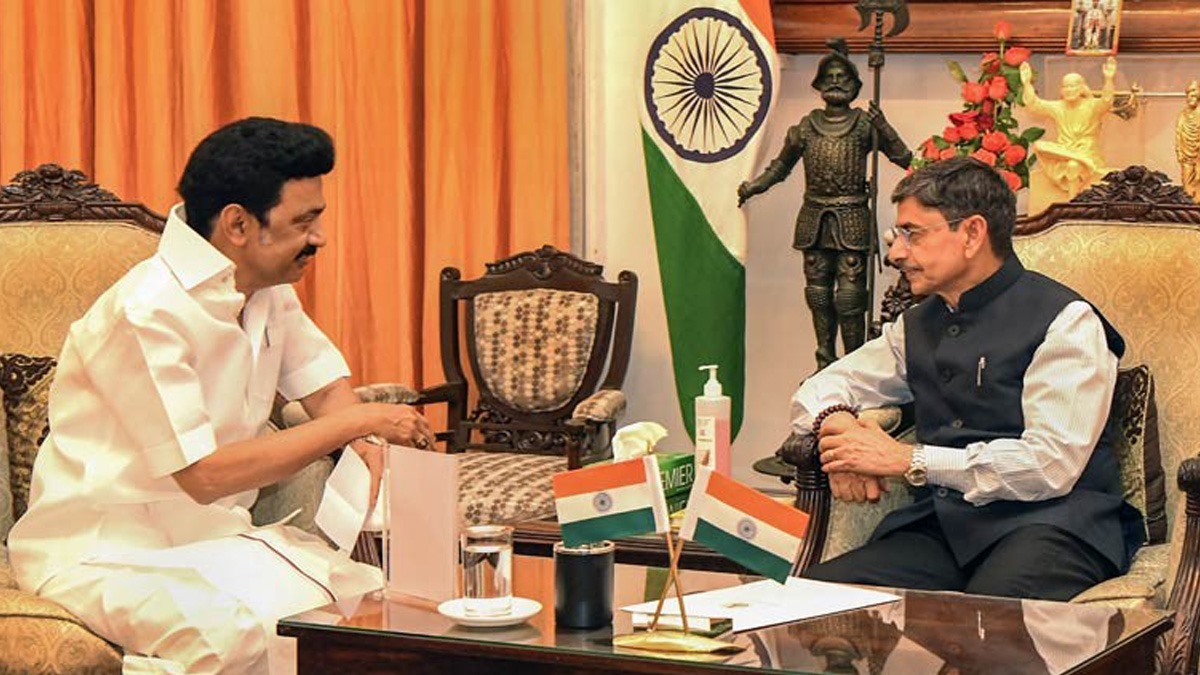
The Supreme Court’s intervention in Tamil Nadu serves as a critical point of reference for evaluating gubernatorial conduct in other states. As the judicial landscape evolves, it is likely that future actions by governors will be closely monitored, and any measures seen as undermining democratic processes will face judicial scrutiny. This dynamic will significantly shape the relationship between the Governor’s office and the elected government, reaffirming the principles of democratic accountability and legislative integrity across states. By reaffirming the principles of democratic governance and the imperative for Governors to act within constitutional boundaries, the Court enhances the accountability and integrity of the executive function in state governance. This decision not only underscores the importance of timely and respectful legislative action but also illustrates the Supreme Court’s proactive role in upholding the rule of law. Ultimately, the ruling serves to fortify the foundation of democratic processes in India, emphasizing that the actions of the executive must resonate with the electorate’s will as articulated through the elected legislature.



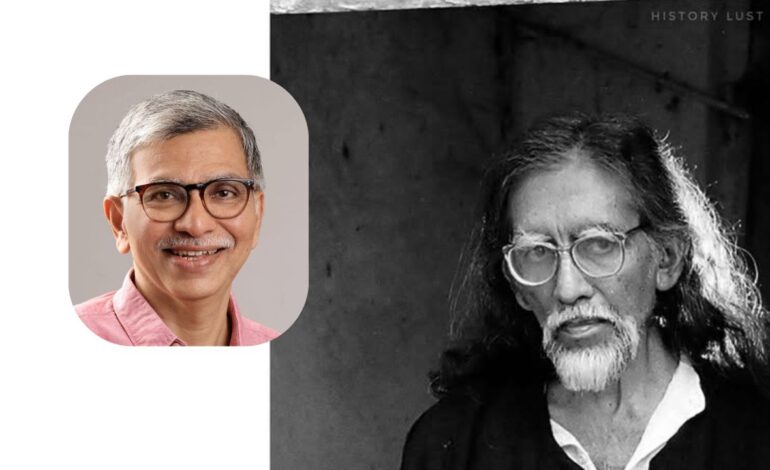

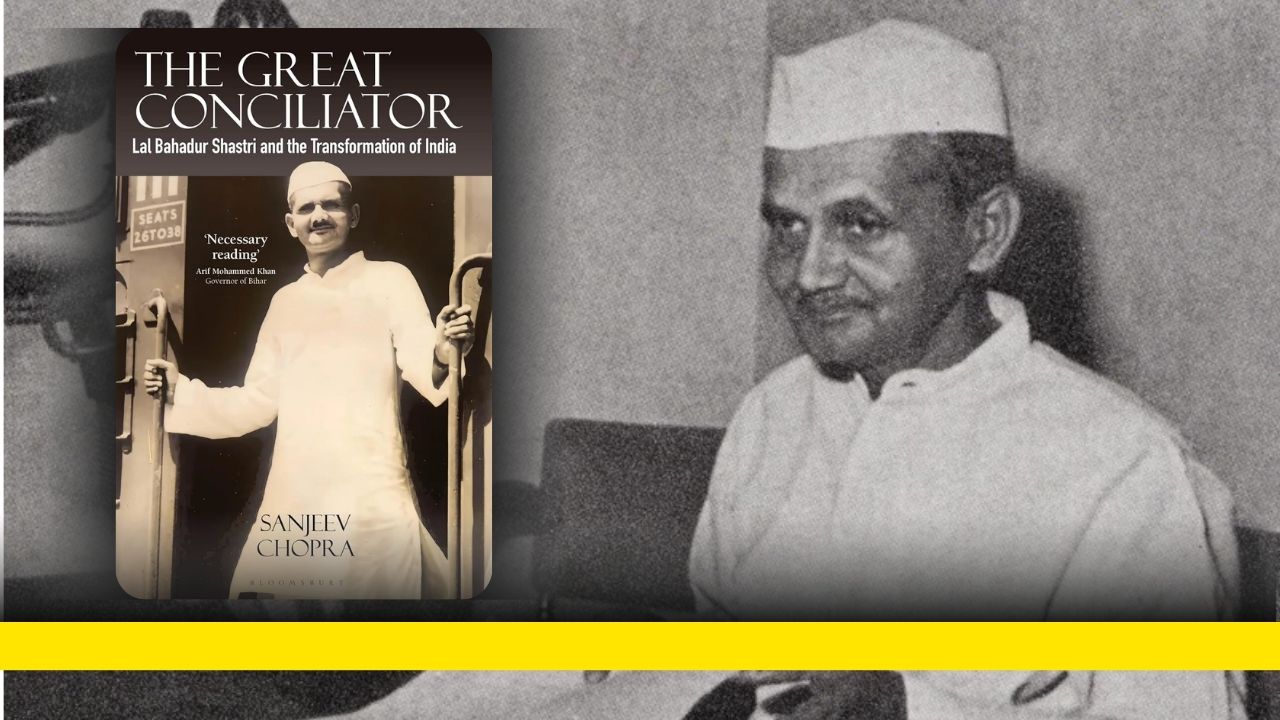
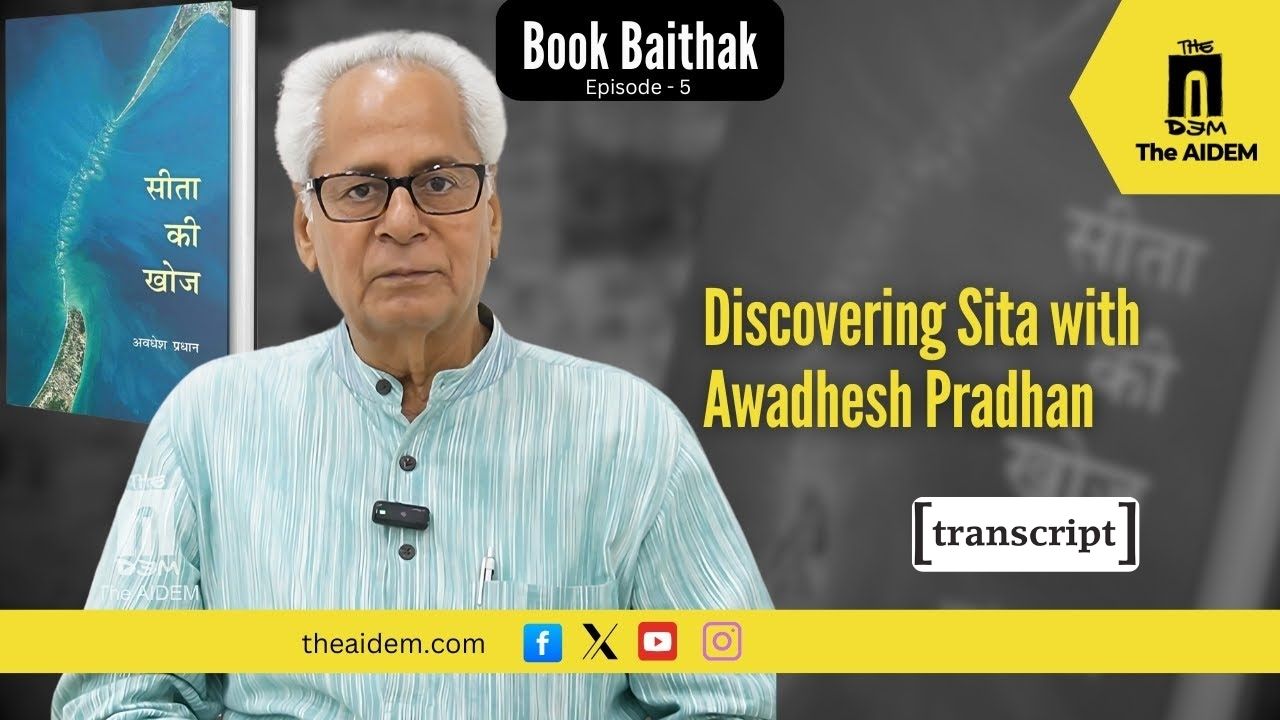



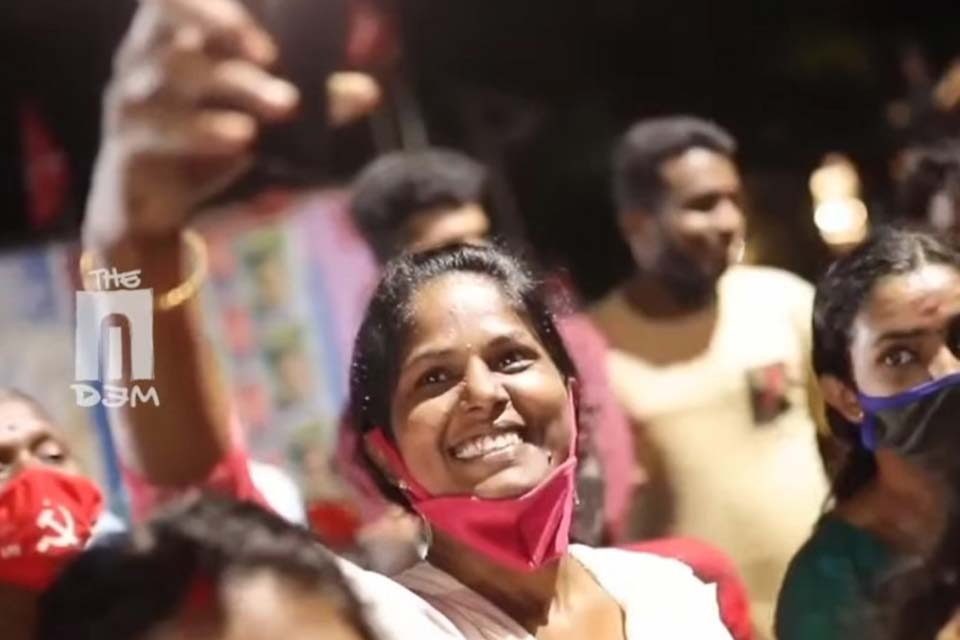

Really a benchmark judgement…it’s a need of the hour…this section 142 had been ever used before? Or is this the first time? Pl clarify
The supreme court stepping in like this really gives us hope and confidence in our democratic process